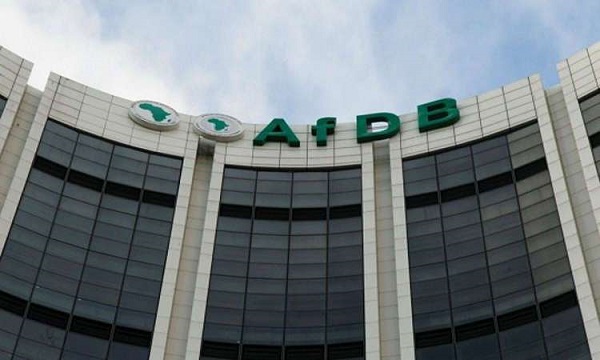This post has already been read 1166 times!
The United States Secretary of the Treasury, Steven Mnuchin on Thursday, said the US will continue to work in partnership with the African Development Bank Group (AfDB) to deliver on the potential multilateral institution to support African countries in recovering from the COVID-19 pandemic as well as in advancing the development goals of the continent.
Mnuchin, who is the Governor for the US on the AfDB Board, made the remarks in a statement on the 2020 Annual Meetings of the AfDB, which was obtained on Thursday.
“The United States will continue working together in partnership to deliver on the potential of the African Development Bank Group and to support African countries in recovering from the COVID-19 pandemic and advancing their development goals. We hope the day will come soon when we can return to conducting business normally.
“On behalf of the United States, I would like to thank the management of the African Development Bank Group for making it possible for the Board of Governors to meet virtually,” he said.
According to him, the ongoing annual meetings are taking place at a time when the economic impact of the COVID-19 was likely to force much of Africa into recession for the first time in 25 years.
He estimated that expansionary policies designed to offset the economic consequences of necessary lockdown measures, emergency public health expenditures, and weaker tax revenues would drive fiscal deficits wider across Africa both this year and next.
According to Mnuchin, while the international community had aggressively responded in providing debt payment suspension through the G20’s Debt Service Suspension Initiative and emergency financing, regional and global economic outlook remains uncertain.
To this end, he urged countries to see the pandemic as an opportunity to improve debt management and pursue structural reforms that lay the foundation for stronger medium-term growth and economic resilience.
Mnuchin said the AfDB’s potential to drive meaningful improvement in the lives of Africans was more relevant than ever, noting that as the pandemic creates particular challenges for the poorest nations, the AfDB would be looked upon as an essential sources of support.
“We appreciate the frank assessment management has provided of its progress towards meeting the reform commitments under the Seventh General Capital Increase. In particular, we commend management for attention to the steps needed to meet the end-of-year deadline for an updated financial sustainability model, so that the AfDB maintains capital adequacy ratios above their thresholds for at least ten years,” he added.
He noted that, “there remains, however, much more work to do. We urge a serious analytical effort this year to understand how the Bank will be more selective and cost-effective in its operations.
“The Bank must do more to manage its resources more wisely and ensure through the Total Compensation Review that it offers a competitive and cost-effective value proposition to staff.
“The independent oversight functions of the AfDB—including integrity, evaluation, and audit—must be given the resources and necessary freedom to operate effectively. The AfDB’s ethics and governance framework must also be updated to bring it up to the standards of its peers.”



